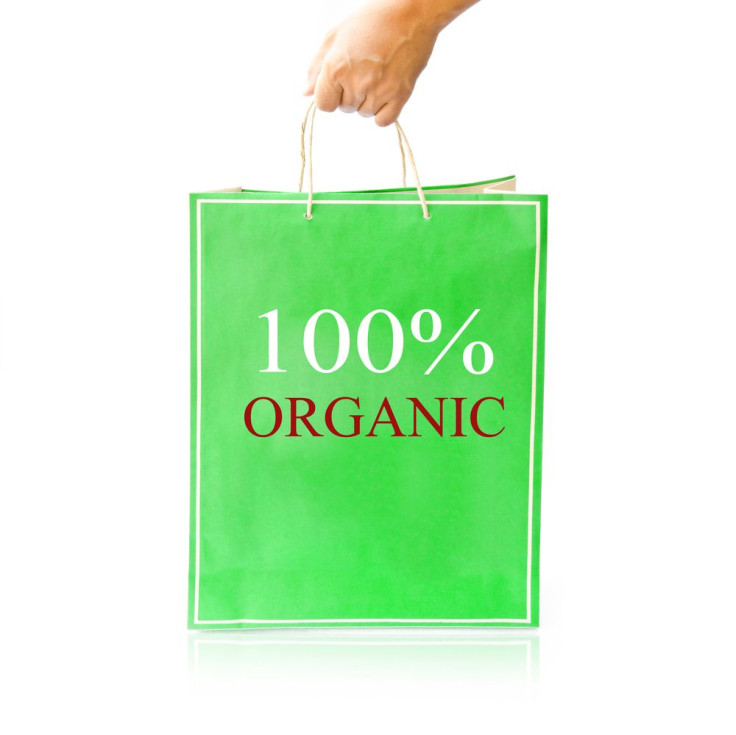Health Buzzwords Like 'Organic' And 'Gluten-Free' Could Be Tricking You Into Thinking Certain Foods Are Healthy

There is no denying the impact a company’s marketing strategy has on its consumers, which is why big names is the food industry should feel obligated to practice ethical advertising methods. A study conducted at the University of Houston has revealed that health buzzwords including “organic,” “antioxidant,” and “gluten-free” could be tricking consumers into thinking a company’s product is more nutritious than it actually is and create a “false sense of health.”
“Words like 'organic,' 'antioxidant,' 'natural' and 'gluten-free' imply some sort of healthy benefit,” Dr. Temple Northup, an assistant professor at the Jack J. Valenti School of Communication at UH, said in a statement. “When people stop to think about it, there’s nothing healthy about Antioxidant Cherry 7-Up – it’s mostly filled with high fructose syrup or sugar. But its name is giving you this clue that there is some sort of health benefit to something that is not healthy at all.”
At the heart of this experiment was what Northup called the “priming” psychology behind words that cause a consumer to believe a food or drink product with unhealthy ingredients is actually healthy. This “priming effect” triggers later thoughts and behaviors in consumers who are unaware of their influence. Consumers are even likely to ignore Nutritional Information labels that are required by the U.S. Food and Drug Administration just because they see a world like “organic.”
“For example, if I gave you the word ‘doctor,’ not only ‘doctor’ would be accessible in your mind – now all these other things would be accessible in your mind - ‘nurse,’ ‘stethoscope,’ etc.,” Northup explained. “What happens when these words become accessible, they tend to influence or bias your frame of mind and how you evaluate something.”
Northup and his colleagues issued online surveys to 318 participants. The surveys showed images of a product with its health buzzword such as “organic” or a Photoshop image that removed the word. Products featured on the survey included Annie’s Bunny Fruit Snacks (Organic), Apple Sauce (Organic), Chef Boyardee Beefaroni (Whole Grain) Chef Boyardee Lasagna (Whole Grain), Chocolate Cheerios (Heart Healthy), Cherry 7-Up (Antioxidant), Smuckers Peanut Butter (All Natural) and Tostitos (All Natural). Participants were asked to rate how “healthy” they perceived each product to be.
When each participant was shown a product that included a healthy buzzword they were more likely to deem that product healthy. Northup pointed out that when the survey respondents were presented with a bottle of “Cherry 7-Up Antioxidant” followed by the same bottle with its “Antioxidant” buzzword removed they were more likely to consider the latter unhealthy. In the second phase of the study, the participants were shown the nutritional labels of two products to decide which was the healthier option.
“Food marketers say there are nutritional labels, so people can find out what’s healthy and what’s not,” Northup added. “Findings from this research study indicate people aren’t very good at reading nutritional labels even in situations where they are choosing between salmon and Spam. Approximately 20 percent picked Spam as the healthier option over salmon.”
Source: Northup T, et al. Truth, Lies, and Packaging: How Food Marketing Creates a False Sense of Health. Food Studies. 2014.



























